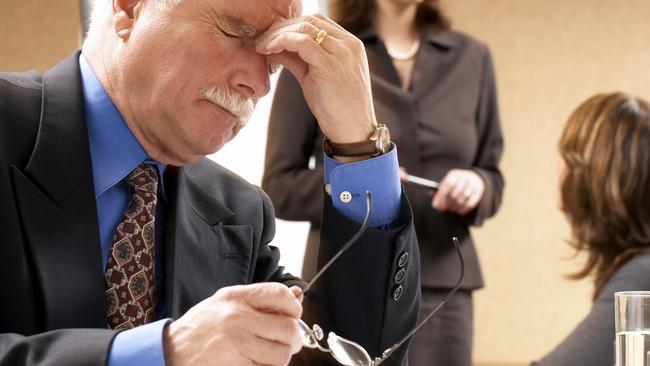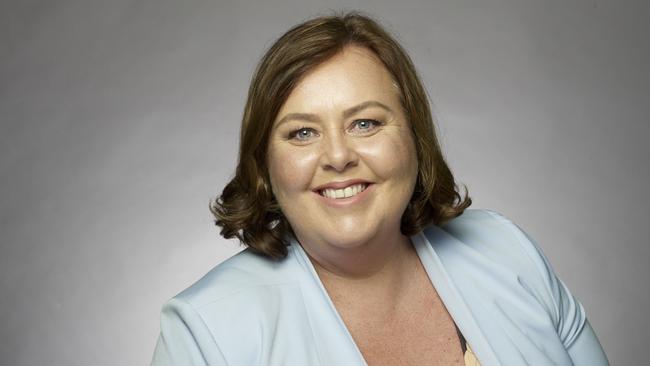Insurer predicts stress-related leave will rocket in the post-Covid era
Allianz is so concerned about the cost to insurance premiums of mental health it’s launched a workplace program to head off a likely epidemic of claims.

Australian companies are set to face a significant financial and management challenge as their workers clock up an increase of almost 20 per cent in days off for mental health compared with the pre-Covid era.
Research by the big workers compensation insurer, Allianz, revealed on Wednesday, shows that, while psychological claims from its client companies this year rose by 17 per cent compared to 2019, the days lost increased by 19 per cent, with workers taking a total of 26,600 days off last financial year.
The recognition that lockdowns, hybrid work and uncertainty are having an impact on Australian workers has been well documented over the past 2½ years, but the insurer is now so concerned about the cost to its business, and ultimately to the premiums paid by individual companies, that it has launched a campaign, The Workplace Wave, to encourage better workplaces practices to improve mental heath.
Allianz chief general manager of personal injury Julie Mitchell said the disruption of work since 2020 had changed attitudes to work, a shift that would continue to have an impact on employers’ ability to manage staff.

“Through the pandemic, people have spent a lot of time evaluating what work means to them and how they want to work,” Ms Mitchell said.
“You’re seeing some really interesting generational differences emerging about the role of work in people’s lives. And workplaces have had to adapt really quickly to this employee-led value proposition, where employees are starting to demand much more transparent conversations with the workplace about what they expect – can I work from home, what are your policies and procedures?”
Companies had to consider these macro changes and create workplaces where people thrived. The shift in attitudes to work could be measured in churn rates, staff shortages and survey data.
“You’re seeing things, even through social media with the younger generations, around ‘quiet quitting’ and ‘loud leaving’ and some of those other trends,” Ms Mitchell said. “So there’s this whole piece about ‘how do I live my best life’ that’s occurred through the pandemic and that’s then translating into ‘what’s going to be important for me in a workplace that I work for?’ ”
The Allianz research suggests about two million Australians will try to swap jobs in the next year, with almost half of the employees surveyed saying they feel isolated from their workplaces. It finds flexible working, employee recognition and remuneration remain significant conflict points between employees and their managers.
But Ms Mitchell said the solution to employee isolation was not as simple as getting people back to the office. She said: “It’s how the office is used. It’s what we bring people in to do and how do we create that connection to keep people attached to the organisation’s values, its purpose and their team?”
She said research showed the importance of good conversations between leaders and employees in engaging and retaining staff, but high levels of absenteeism were likely to continue and managers had to accept “that it is there and it may stay for a while”.
The Allianz research found 24 per cent of employees feel more isolated from their colleagues compared to before the pandemic; 30 per cent remain unsatisfied with the amount of time they spend working; and 69 per cent say they are yet to find a positive work-life balance.
Asked to list the issues having the worst impact on their job satisfaction and overall engagement, employees identified fatigue and burnout, including increased pressure on productivity and workload, and a lack of connection with colleagues.
One in four employees reported being most concerned about staff shortages, or an inability to secure a promotion.




To join the conversation, please log in. Don't have an account? Register
Join the conversation, you are commenting as Logout